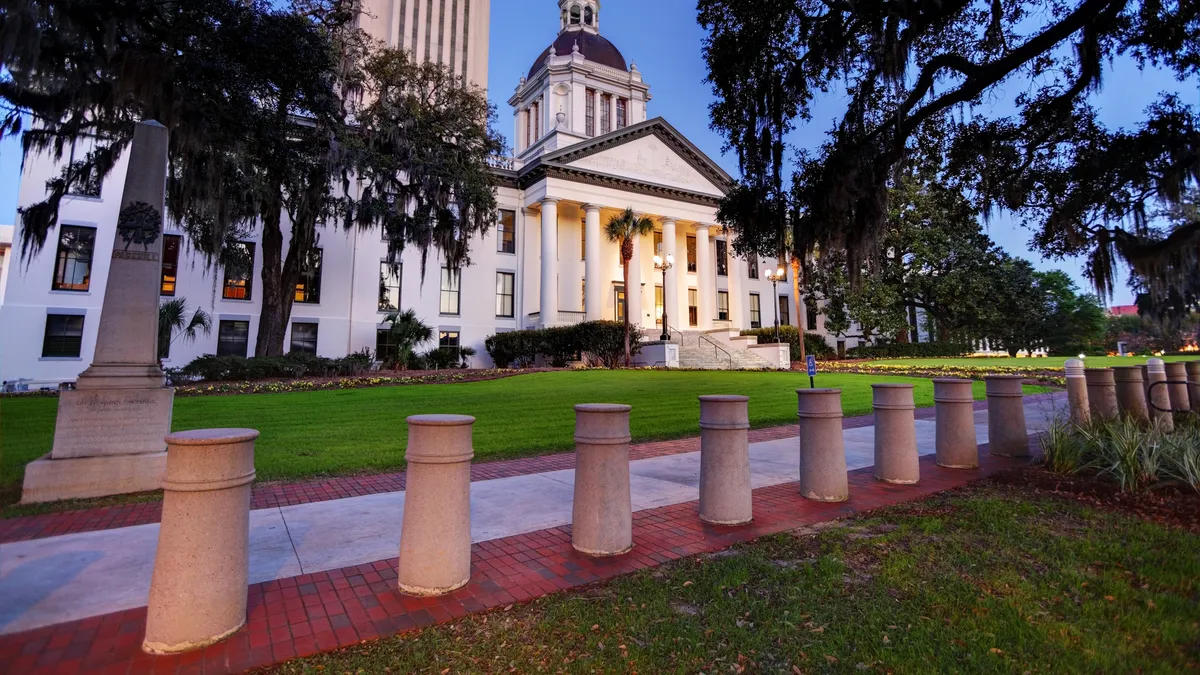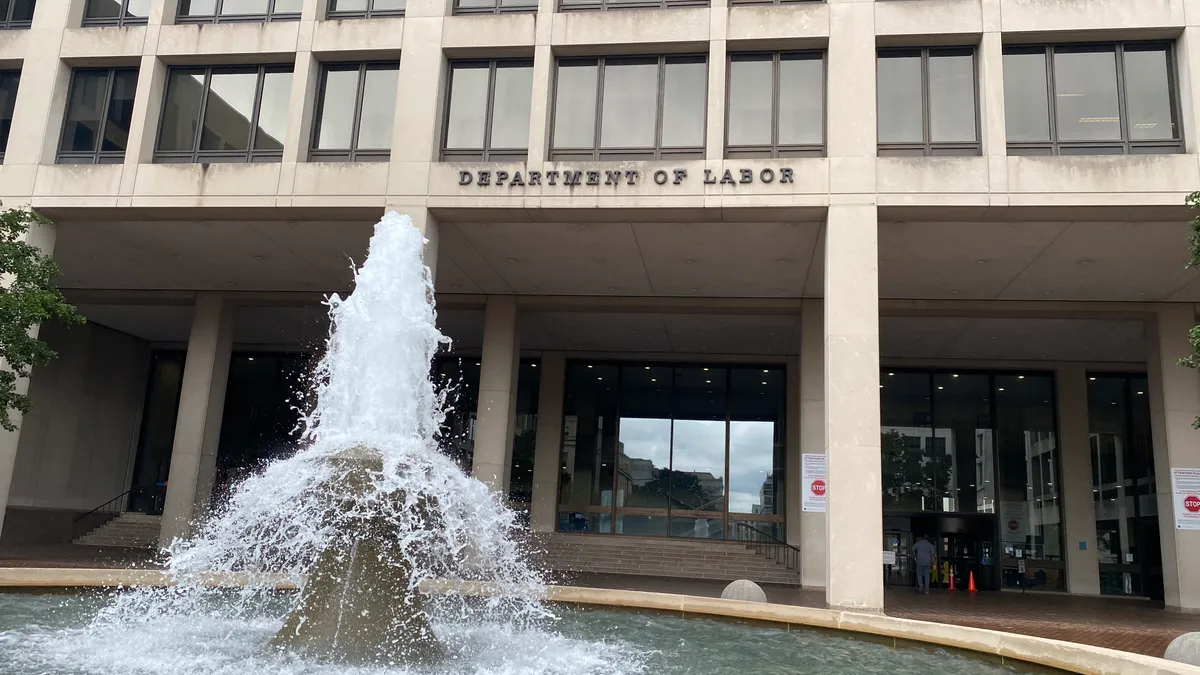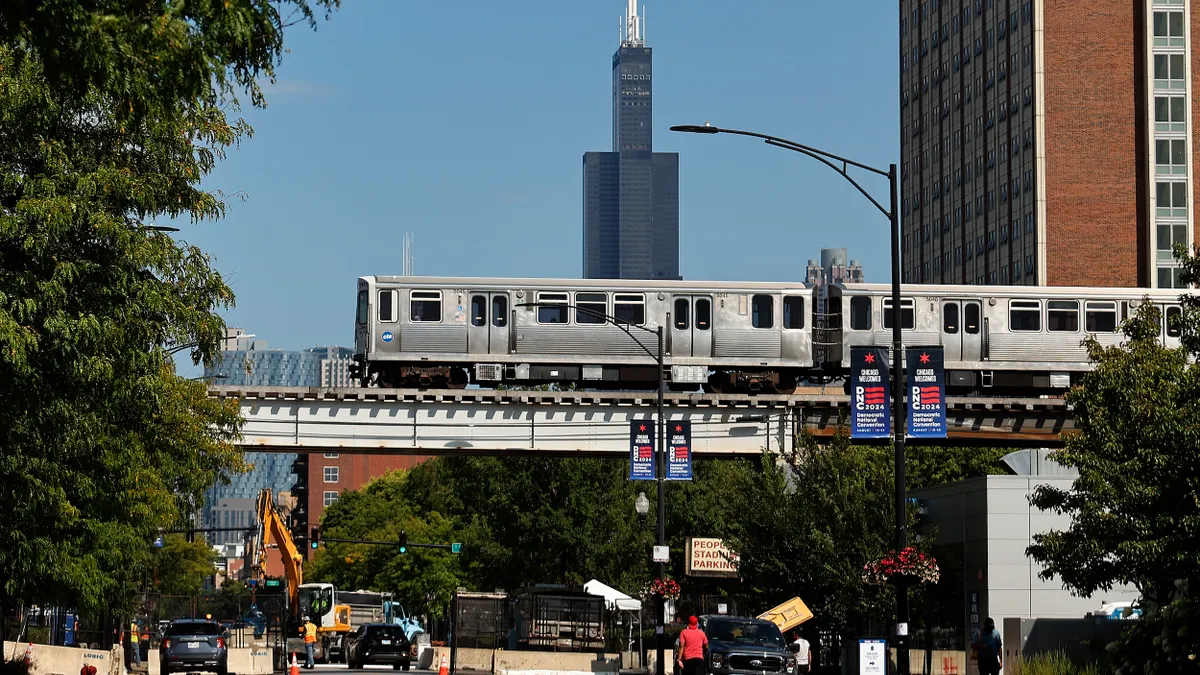A bill making its way through Florida’s legislature would loosen child labor law to allow minors to put in more hours at work. The move follows similar efforts elsewhere that are dividing statehouses largely along party lines.
Florida’s HB 49, introduced by House Republican Linda Chaney in September, would amend state law to allow minors aged 16 and 17 to begin work at 6 a.m. (as opposed to 6:30 a.m.) and remove limits that previously forbid those workers from putting in more than 30 hours in a school week and more than eight hours on school days. It would add a provision allowing work during school hours if the individual is home-schooled, has dropped out or is enrolled in a virtual education program.
The alterations also would allow those over the age of 15 to work more than six consecutive days a week and to work more than four consecutive hours without a 30-minute meal break — a provision currently limited to those 18 and older.
The Florida House of Representatives passed the bill Feb. 1. It awaits consideration in the Senate.
Politicians, citizens debate potential impact
The Economic Policy Institute, a progressive think tank, called the bill “dangerous” and pointed to recent safety violations uncovered by the U.S. Department of Labor, including the case of a 13-year-old working at a landscaping supplier, who was found to be operating a forklift, and a 15-year-old working for a roofing contractor, who sustained severe head and spinal injuries after falling from a roof. Both incidents happened in Florida.
“Proposals to extend teens’ work hours fly in the face of decades of research documenting that excessive work hours jeopardize teen health, development, and safety on the job,” EPI wrote in a September blog post on the proposal.
Similarly, The New York Times’ editorial board last March argued that rollbacks on child labor laws allow employers to exploit minor workers, and that many young workers don’t have parents or guardians to protect their interests. In at least some of the cases of child labor violations the DOL found last year, workers were minors who came across the southern border unaccompanied.
Proponents of the bill and others like it argue that loosening state child labor laws would allow more young people to work as they desire, and that teens who work do better in school, graduate at higher rates, commit fewer crimes and are less likely to use drugs.
“My eldest son, who recently turned 17, waits tables at a local restaurant. He likes the income and wants to earn more,” Tarren Bragdon, CEO of the Foundation for Government Accountability — the think tank that two Florida journalists say drafted the bill — wrote in an op-ed for The Wall Street Journal.
Florida joins 9 states that have proposed changes to loosen child labor laws, according to an EPI tracker from fall 2023. Six other states have already passed such laws, many with provisions relating to the serving of alcohol or the extension of work hours. An Iowa law lifted some restrictions on young people performing hazardous work.
HB 49 does not deal with hazardous work, although a bill moving through Florida’s Senate — SB 460 — aims to lift certain jobsite restrictions.
A local attorney’s perspective
The bill is likely to succeed, given Florida politics, according to Andrew Zelman, a partner at Fort Lauderdale-based law firm Berger Singerman. And while he isn’t enthusiastic about the bill, he also doesn’t think people should panic either.
Zelman said that upon closer inspection, certain elements of the bill may be less permissive than they seem.
For example, in its analysis of the bill, EPI raised concerns about some tweaks to the existing statute’s language, but Zelman said the changes appear to reflect Florida guidelines for drafting legislation. Lawmakers also removed an early provision of the bill that would have allowed teens to work overnight.
One concern many have voiced is whether the changes would incentivize teenagers to either work excessively outside of school hours or drop out of school and work full time — and the bill does make it easier to do this.
Students aged 16 and 17 currently need a certificate from the superintendent to formally drop out and seek work during school hours; HB 49 would require only a formal declaration of intent to terminate enrollment, leaving the decision up to students and their guardians.
The most employer-friendly change, according to Zelman, is likely the provision cutting 30-minute meal breaks every four hours for 16- and 17-year-olds. Such breaks are not required by the Fair Labor Standards Act and can present both a recordkeeping and a compliance challenge, he said. And because the breaks are unpaid, minors are often hesitant to clock out for that time, he said. While it is incumbent upon employers to make sure minors take those breaks, it isn’t always an easy thing to do when the manager is only a year or two older, Zelman explained.
Additionally, the breaks require employers to have coverage during that time, which may be difficult in certain circumstances. Consequently, if the law is passed, industries like retail and food service may hire more 16- and 17-year-olds, Zelman said. And it likely will lead to some teenagers being overworked or choosing to work when they should be sleeping or studying, he said.
Still, Zelman said he did not expect most of his clients — employers in the state — to be majorly affected. Overall, he said, it “probably wouldn’t be a major change” for them.




















